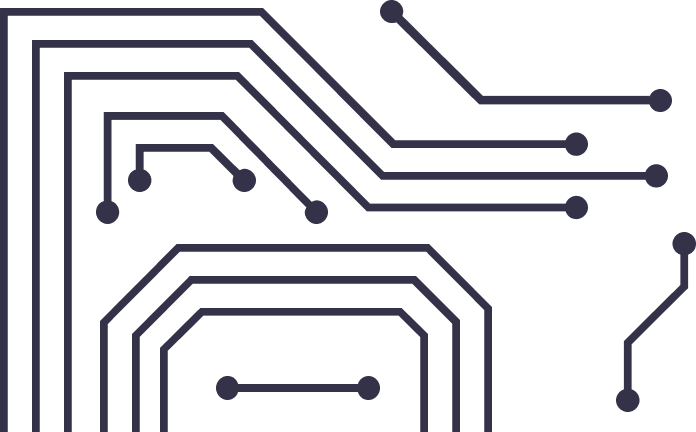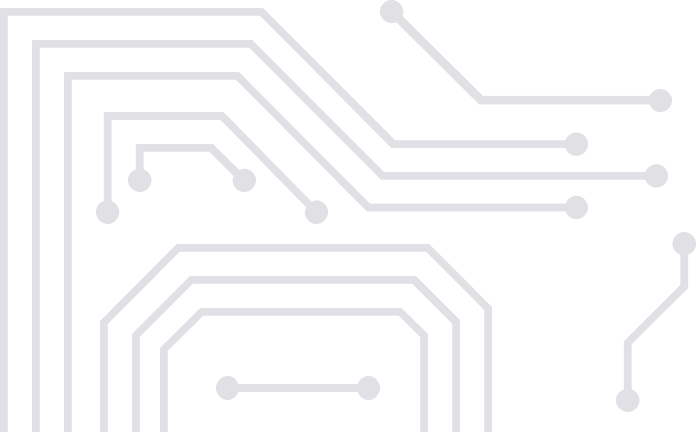AI Security Compliance: Safeguarding the Future of Artificial Intelligence

In an era where artificial intelligence (AI) is rapidly becoming an integral part of our lives, ensuring AI security compliance has emerged as a critical concern. This article delves into the intricacies of AI security compliance, addressing its significance, challenges, and best practices. Join us on this journey to understand how we can protect the future of AI.
Table of Contents
- Introduction
- The Growing Significance of AI Security
- The Complex Landscape of AI Threats
- Regulatory Frameworks for AI Security Compliance
- Key Challenges in Achieving AI Security Compliance
- Best Practices for Ensuring AI Security Compliance
- The Role of Ethical Considerations in AI Security
- Building a Culture of AI Security
- Future Trends in AI Security Compliance
- Conclusion
- FAQs
Introduction
Artificial Intelligence has undoubtedly revolutionized industries, from healthcare to finance. However, with this transformative technology comes a pressing need to address AI security compliance. Let’s dive deeper into why this topic deserves our attention.
The Growing Significance of AI Security
As AI systems become more integrated into critical processes, their vulnerability to cyberattacks increases. AI security is not just about protecting data; it’s about safeguarding the integrity of decision-making processes, which can have far-reaching consequences.
The Complex Landscape of AI Threats
AI systems are susceptible to a wide range of threats, from adversarial attacks to data poisoning. Understanding these threats is the first step in securing AI systems effectively.
Adversarial Attacks
Adversarial attacks manipulate AI models by injecting subtle changes into input data, leading to incorrect predictions or decisions.
Data Poisoning
Data poisoning involves feeding malicious data into AI training sets, compromising model accuracy and reliability.
Regulatory Frameworks for AI Security Compliance
Governments and organizations worldwide are recognizing the need for regulatory frameworks to ensure AI security. We explore some key initiatives in this section.
GDPR and AI
The General Data Protection Regulation (GDPR) extends its provisions to AI systems, emphasizing the importance of transparent data processing and user consent.
Key Challenges in Achieving AI Security Compliance
Achieving AI security compliance is not without its challenges. It requires addressing issues like explainability, accountability, and resource constraints.
Explainability
Interpreting AI decisions is crucial for compliance, but many AI models, like deep neural networks, are often considered “black boxes.”
Accountability
Determining responsibility in case of AI system failures or security breaches can be complex, given the collaborative nature of AI development.
Best Practices for Ensuring AI Security Compliance
Despite challenges, there are best practices that organizations can adopt to enhance AI security compliance.
Regular Audits and Assessments
Periodic audits and assessments of AI systems help identify vulnerabilities and areas for improvement.
The Role of Ethical Considerations in AI Security
Ethical considerations play a significant role in AI security. Ensuring that AI systems are used responsibly and do not perpetuate bias or discrimination is essential.
Building a Culture of AI Security
AI security should not be an afterthought but an integral part of an organization’s culture. Training and awareness programs can foster a culture of vigilance.
Future Trends in AI Security Compliance
As technology evolves, so do threats and compliance measures. We explore what the future holds for AI security.
AI-Driven Security
AI itself will play a pivotal role in enhancing AI security by continuously monitoring for threats and adapting to new challenges.
Conclusion
In the ever-evolving landscape of AI, security compliance is not an option; it’s a necessity. As we embrace the potential of AI, we must also embrace our responsibility to protect it.
FAQs
1. What is AI security compliance?
AI security compliance refers to the measures and practices in place to ensure the security and integrity of artificial intelligence systems, protecting them from threats and vulnerabilities.
2. Why is AI security compliance important?
AI security compliance is crucial to prevent cyberattacks, maintain data privacy, and ensure the ethical use of AI, which is becoming increasingly integrated into our daily lives.
3. What are some common threats to AI security?
Common threats to AI security include adversarial attacks, data poisoning, and vulnerabilities arising from inadequate security measures.
4. How can organizations build a culture of AI security?
Organizations can build a culture of AI security through training, awareness programs, and embedding security considerations into their AI development processes.
5. What does the future hold for AI security compliance?
The future of AI security compliance will likely involve AI-driven security measures, real-time threat detection, and continuous adaptation to emerging threats.










